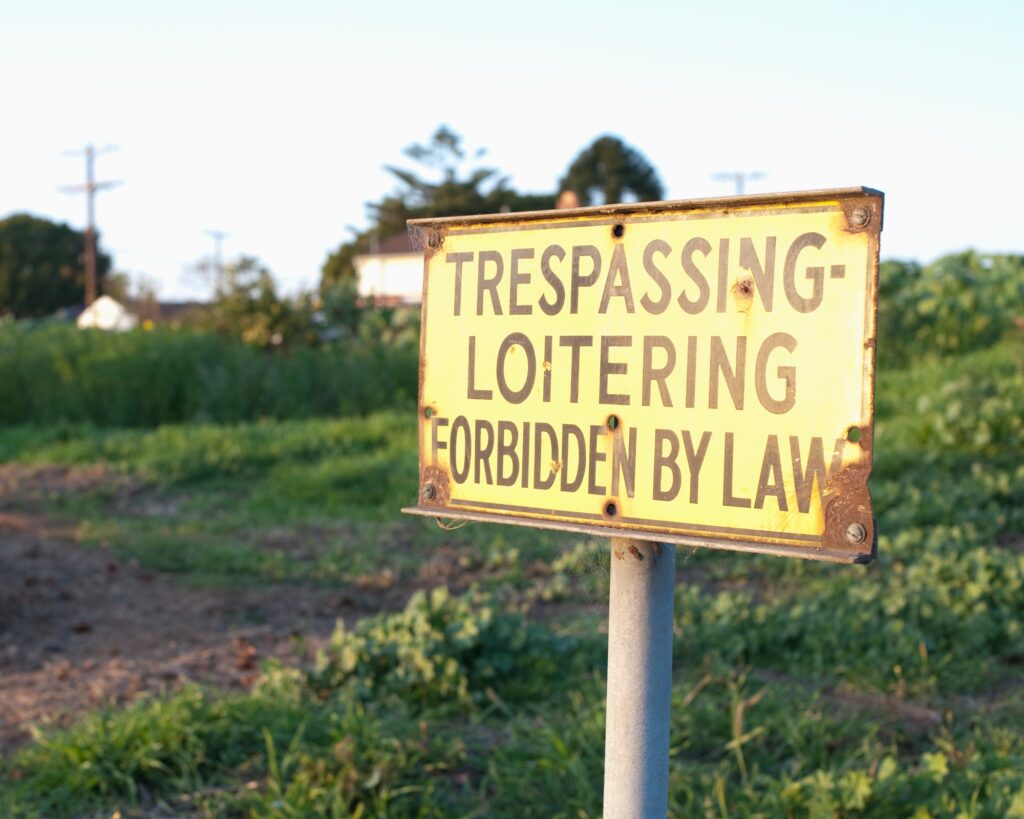
Poland Approves Tough New Migration and Asylum Rules to Regain Control of Borders
Key Takeaways:
- Poland’s Toughened Migration and Asylum Rules: The Polish government has approved new, tougher rules regarding migration and asylum that aim to regain control of the country’s borders and reduce illegal immigration.
- Temporary Suspension of Asylum Rights: The new rules propose a temporary suspension of asylum rights for certain categories of migrants, which has drawn criticism from human rights organizations.
- Strengthening Border Control with Belarus: Poland plans to reinforce its security measures along the Belarusian border, including the construction of additional barriers and the use of advanced technologies for surveillance and monitoring.
- International Concerns: The new measures have raised concerns within the European Union and among human rights groups, who are worried about the potential violation of international standards and human rights.
In a significant move to address growing concerns over illegal immigration, the Polish government has approved new migration and asylum laws aimed at regaining full control over the country’s borders. The rules, which are part of a broader effort to strengthen national security, are designed to limit the number of migrants entering Poland and ensure that the country’s asylum process is not abused.
Key Changes in Poland’s Migration and Asylum Policy
One of the most contentious aspects of the new legislation is the proposed temporary suspension of asylum rights for specific categories of migrants. This measure has been introduced in response to the increasing number of individuals arriving at Poland’s borders, particularly from Belarus, and is intended to discourage illegal border crossings. However, this move has been met with strong opposition from human rights organizations, who argue that it violates international asylum laws and the rights of individuals seeking refuge.
While the specifics of which migrants would be affected are still under discussion, the Polish government has emphasized that the goal is to prioritize the safety and security of Polish citizens while ensuring that migrants who are genuinely in need of protection are not excluded.
Strengthening Border Security with Belarus
In addition to tightening asylum rules, Poland is taking steps to enhance its physical border security. The country shares a long border with Belarus, which has become a key point of entry for migrants trying to reach the European Union. To address this issue, Poland plans to build additional barriers along the border and deploy advanced surveillance technologies. These measures are aimed at preventing illegal crossings and curbing the flow of migrants coming from Belarus, especially after tensions between the EU and Belarusian authorities have escalated in recent years.
Poland’s efforts to reinforce its borders come amid a surge in the number of people attempting to cross into the EU via Belarus, often under difficult and dangerous conditions. By strengthening border security, Poland hopes to deter illegal immigration and improve its control over who enters the country.
Concerns from the EU and Human Rights Groups
The new migration and asylum rules have sparked significant concern both within the European Union and among human rights organizations. Critics argue that Poland’s approach may breach EU laws on asylum and refugee protection, as well as international human rights standards. The proposed suspension of asylum rights for certain migrants, in particular, has raised alarm about the country’s commitment to upholding its obligations under international conventions.
Human rights groups have also expressed concern that the tougher border measures could lead to an increase in migrant deaths and exploitation, as migrants are forced to take more dangerous routes to enter the EU. The European Commission has stated that it will monitor the situation closely to ensure that Poland’s actions comply with EU law and human rights standards.
Poland’s National Security Concerns
Despite the criticisms, the Polish government maintains that the new measures are necessary to protect the country’s national security and sovereignty. Poland has argued that the EU’s inability to control illegal migration has left individual countries like Poland vulnerable to pressure from external forces, particularly from Belarus, which has been accused of facilitating migrant flows to the EU as a form of political retaliation against European sanctions.
By implementing these new rules, Poland is not only seeking to protect its borders but also sending a strong message about its willingness to defend its national interests. The government has made it clear that it believes securing its borders is a fundamental aspect of ensuring the safety and stability of its citizens.
The Road Ahead: A Divided Debate
Poland’s decision to tighten its migration and asylum policies is part of a broader debate within the EU about how best to manage immigration and protect borders. While some EU member states support stricter border controls, others, including human rights advocates, argue that policies like Poland’s could undermine the EU’s commitment to human rights and the protection of refugees.
As the situation develops, it will be crucial for Poland to balance its national security concerns with its obligations under international law. The European Union’s response to Poland’s new policies will likely shape the future of EU-wide migration and asylum policies, as well as the ongoing debate about how to address the complex challenges posed by migration.
In my opinion, this issue underscores the delicate balance countries must strike between ensuring national security and upholding the values of openness and compassion that define many democratic societies. It’s clear that migration will remain a central issue in European politics for the foreseeable future.
#
